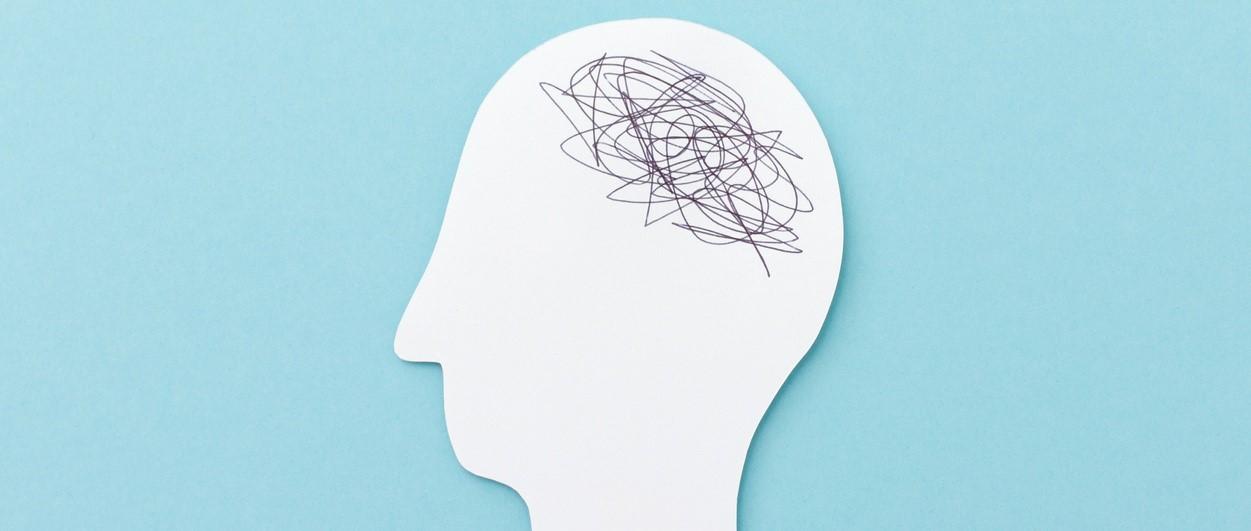
How does diet affect dementia?
Peer reviewed by Dr Hayley Willacy, FRCGP Last updated by Dr Sarah Jarvis MBE, FRCGPLast updated 31 Oct 2017
Meets Patient’s editorial guidelines
- DownloadDownload
- Share
- Language
- Discussion
Let's be clear - a diagnosis of dementia doesn't mean your life is over. Lots of people who have dementia live productive lives for years. But in time dementia does affect quality of life, so the idea that we can stave it off with diet has to be welcome.
In this article:
With so much advice out there, how do you know where to start? As a rule of thumb, the best evidence for good brain health is to look at your whole diet, rather than focusing on a single superfood or supplement.
Continue reading below
Which diet is best for me?
The best studied diet for preventing dementia, as well as heart attack and stroke, is the Mediterranean diet. We're not talking sticky Turkish pastry sweets or greasy kebabs. It's all about focusing mainly on vegetables, fruits and whole grains, and getting most of your fat from olive oil rather than butter. You should be eating more fish and less dairy food than the average British diet, and keeping red meat, sugar and saturated fat to a minimum.
Blood pressure benefits
The DASH diet stands for 'Dietary Approaches to Stop Hypertension'. High blood pressure is a major culprit for the second most common form of dementia, 'vascular dementia'. It may also play a role in other forms of dementia. You may notice a bit of a theme emerging here - like the Mediterranean diet, the DASH diet is high in vegetables and fruit and low in total fat and saturated fat. Unlike the Mediterranean diet, more low-fat dairy foods (low-fat yoghurts, skimmed or semi-skimmed milk, etc) are encouraged and there's less focus on increasing fish intake. But a second study took this one stage further. They compared people on a 'normal' DASH diet and the same diet with extra emphasis on cutting down salt in food. The DASH diet lowered blood pressure but keeping salt intake low as well was even more effective.
MIND the gap
The MIND diet takes the concept of diet one stage further again. It built on studies looking at 'superfoods' like nuts, beans and berries. People in the MIND diet studies were asked to stick to a Mediterranean diet, but also make an active effort to increase 'brain-friendly' foods. These included fish once, berries at least twice, beans three times and nuts five times a week. They were also asked to avoid daily helpings of butter, margarine, pastries and sweets and eat cheese and fried/fast food less than weekly.
Why go healthy?
These studies were followed up for almost five years and compared to people who weren't following the diet. Not only were they less likely to have developed Alzheimer's disease, their working memory and rate of picking up new ideas was better. The biggest benefits - reducing the risk of dementia by over 50% - came from following the diet really strictly, but even following these healthy rules most of the time showed a 1/3 drop in dementia.
What's not to like?
A brain-healthy diet, like the MIND diet, offers lots of options to tickle your taste buds. That's no bad thing, because if you really want the best chance of retaining your memory, there's an equally long list of foods to avoid. Top of the list of offenders are:
Processed cheeses, which may lead to a build-up of harmful proteins.
Processed meats, which contain nitrosamines.
Any white carbs (white bread, rice, pasta, pastries, cakes) and other refined carbs (including all sugar, whether white or brown) which cause rapid spikes in blood glucose.
Too many cheers isn't cheering
You know the old expression 'you are what you eat'? Well, where dementia is concerned, you definitely are what you drink too. Government guidelines recommend an upper limit of alcohol of 14 units a week for both men and women, spread over several days. If you're drinking close to that level, you should have a couple of alcohol-free days, too. And as you get older, your body processes alcohol differently, so you may be putting yourself at risk at even lower levels.
While drinking above this level regularly for any length of time can increase your risk of dementia, binge drinking appears to be particularly harmful where your brain is concerned. Beer contains nitrites, and research suggests this may contribute separately to dementia - a double whammy, but not an excuse to drink the same number of units in spirit form.
Fancy a cuppa?
And there's good news if you love a cuppa. Huge amounts of research has been done on the health effects of caffeine, found in tea and chocolate as well as coffee. In 'moderate amounts' (up to four cups of coffee or eight cups of tea a day) there's no evidence it increases cancer or heart problems. Even better, there's even a possibility that drinking a couple of daily cups of coffee could play a part in cutting the risk of dementia. It's difficult with diet studies to get really hard evidence, but I'm confident I can tell most folk to drink up without worrying!
Look to the long term
Lots of my patients moan that a healthy diet means giving up the foods they love. But you don't need to turn your diet on its head overnight. Your taste buds really do adapt - I haven't eaten pastry for 30 years, and I hate the thought of it now. I do love a bit of strong cheese, but eating it less often means it's a real treat.
Patient picks for Memory loss and dementia

Brain and nerves
Young-onset dementia is linked to health and lifestyle, as well as genetics
Many of us fear dementia, not to mention developing it while we're young, but little is known about whether we can prevent it. However, a breakthrough study has identified 15 significant factors linked to young-onset dementia, which develops before the age of 65. And many of these are influenced by your health and lifestyle choices. With around 370,000 people developing young-onset dementia each year worldwide, experts believe this research brings us closer to finding ways to prevent, identify, and treat this devastating disease.
by Amberley Davis

Brain and nerves
The power of nostalgia: what is Reminiscence Therapy?
A touch of nostalgia can lift your spirits. But it may be able to boost your brain, as well as warm your heart. Positive reflections on the past are now being used as a therapeutic tool for people with dementia. If a loved one is facing cognitive decline, learn how the power of reminiscence therapy might positively impact their life.
by Victoria Raw
Continue reading below
Article history
The information on this page is peer reviewed by qualified clinicians.
31 Oct 2017 | Latest version

Ask, share, connect.
Browse discussions, ask questions, and share experiences across hundreds of health topics.

Feeling unwell?
Assess your symptoms online for free
Sign up to the Patient newsletter
Your weekly dose of clear, trustworthy health advice - written to help you feel informed, confident and in control.
By subscribing you accept our Privacy Policy. You can unsubscribe at any time. We never sell your data.